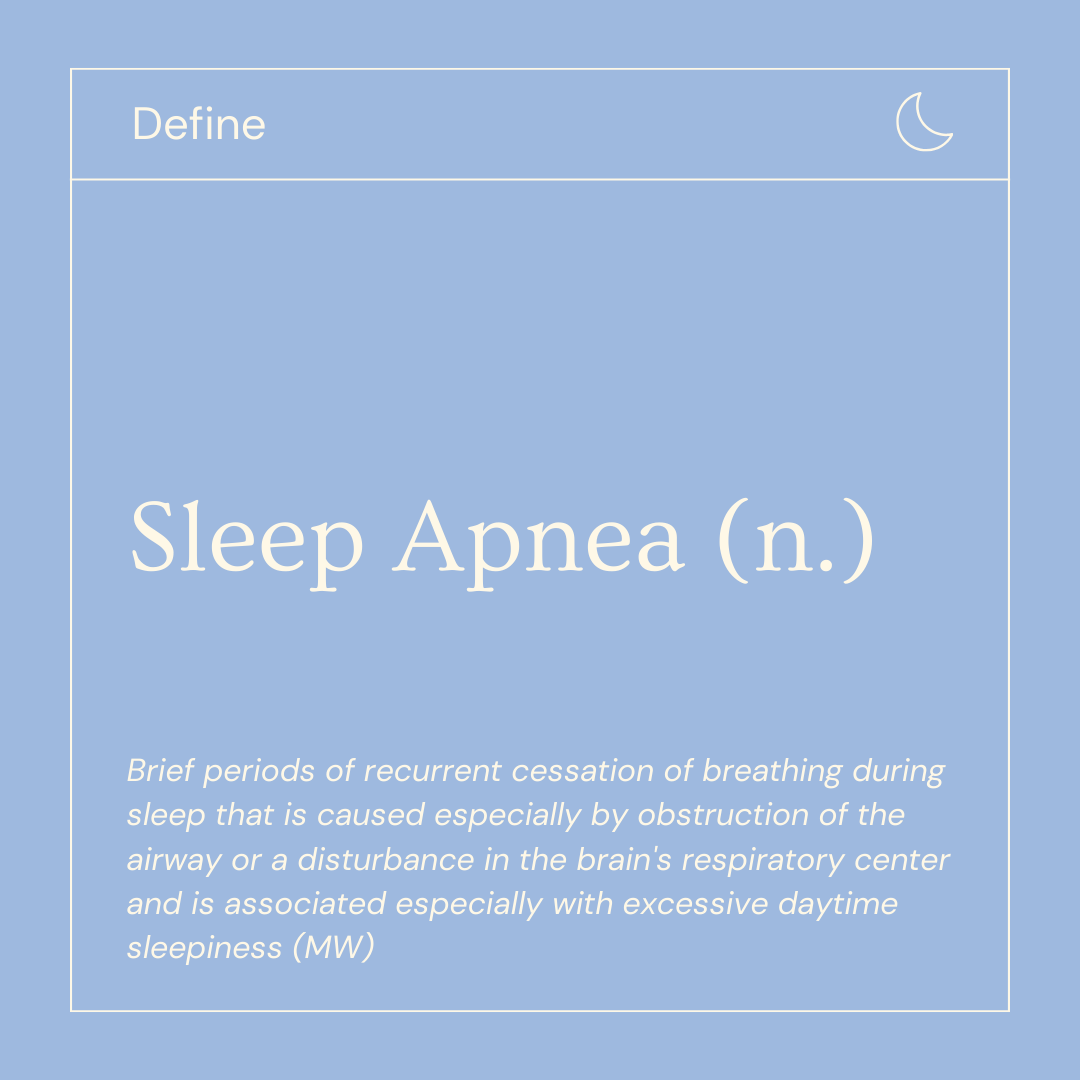Sleep apnea, a seemingly silent prowler, has become what should be a prevalent concern in our fast-paced lives. This sleep disorder, distinguished by interruptions in breathing during sleep, not only disrupts a restful night but also poses significant threats to one’s overall health. Understanding the importance of maintaining good health to prevent the development or exacerbation of sleep apnea, especially in relation to symptoms such as memory loss as we age, is crucial for a wholesome and fulfilled lifestyle.
Sleep apnea occurs when the muscles in the throat relax excessively, leading to a temporary cessation of breathing. This interruption, known as an apnea, can last anywhere between a few seconds to a few minutes and may happen multiple times throughout the night. The most common types are obstructive sleep apnea (OSA), central sleep apnea, and complex sleep apnea syndrome.
Health Implications of Sleep Apnea
- Cardiovascular Risks:
Untreated sleep apnea is linked to an increased risk of cardiovascular issues, including hypertension, heart disease, and stroke. The recurring oxygen deprivation during apneas puts stress on the cardiovascular system, leading to long-term complications.
- Memory and Cognitive Function:
Studies suggest a significant association between sleep apnea and cognitive decline, including memory loss. The intermittent lack of oxygen to the brain may contribute to the formation of beta-amyloid plaques, a hallmark of Alzheimer’s disease.
- Diabetes Connection:
Sleep apnea has been identified as a risk factor for the development and worsening of type 2 diabetes. The disorder can disrupt insulin sensitivity, contributing to metabolic dysfunction.
Prevention Through Healthy Lifestyle Choices
- Weight Management:
Maintaining a healthy weight is crucial in preventing and managing sleep apnea, especially OSA. Excess weight around the neck can contribute to airway obstruction during sleep.
- Regular Exercise:
Engaging in regular physical activity not only aids in weight management but also strengthens the respiratory and cardiovascular systems, reducing the likelihood of sleep apnea.
- Healthy Sleep Hygiene:
Establishing consistent sleep patterns, creating a comfortable sleep environment, and avoiding stimulants close to bedtime contribute to overall sleep quality, reducing the risk of sleep apnea.
- Avoiding Smoking and Limiting Alcohol Intake:
Smoking and excessive alcohol consumption can worsen sleep apnea symptoms along with overall health. Quitting smoking and moderating or quitting alcohol intake will positively impact health and prevent further issues.
- Seeking Professional Guidance
Recognizing the signs of sleep apnea, such as loud snoring, daytime fatigue, and abrupt awakenings accompanied by shortness of breath, is crucial. If symptoms persist or worsen, seeking the guidance of a healthcare professional is imperative.
- Treatments
The importance of adhering to recommended treatments, such as using a sleep machine, cannot be overstated. A continuous positive airway pressure (CPAP) device plays a pivotal role in maintaining unobstructed airflow during sleep. Consistent and proper usage of these devices not only alleviates the immediate symptoms of fatigue and disrupted sleep but also acts as a crucial preventative measure against exacerbated conditions.
Prioritizing a healthy lifestyle is not only a preventive measure against sleep apnea but also essential for overall well-being. By addressing risk factors such as obesity, adopting regular exercise routines, and maintaining good sleep hygiene, individuals can significantly reduce their susceptibility to sleep apnea and the associated risks, including memory loss as they age. Sleep is not merely a passive state; it is a foundation of health, and safeguarding it ensures a vibrant and rewarding life.








